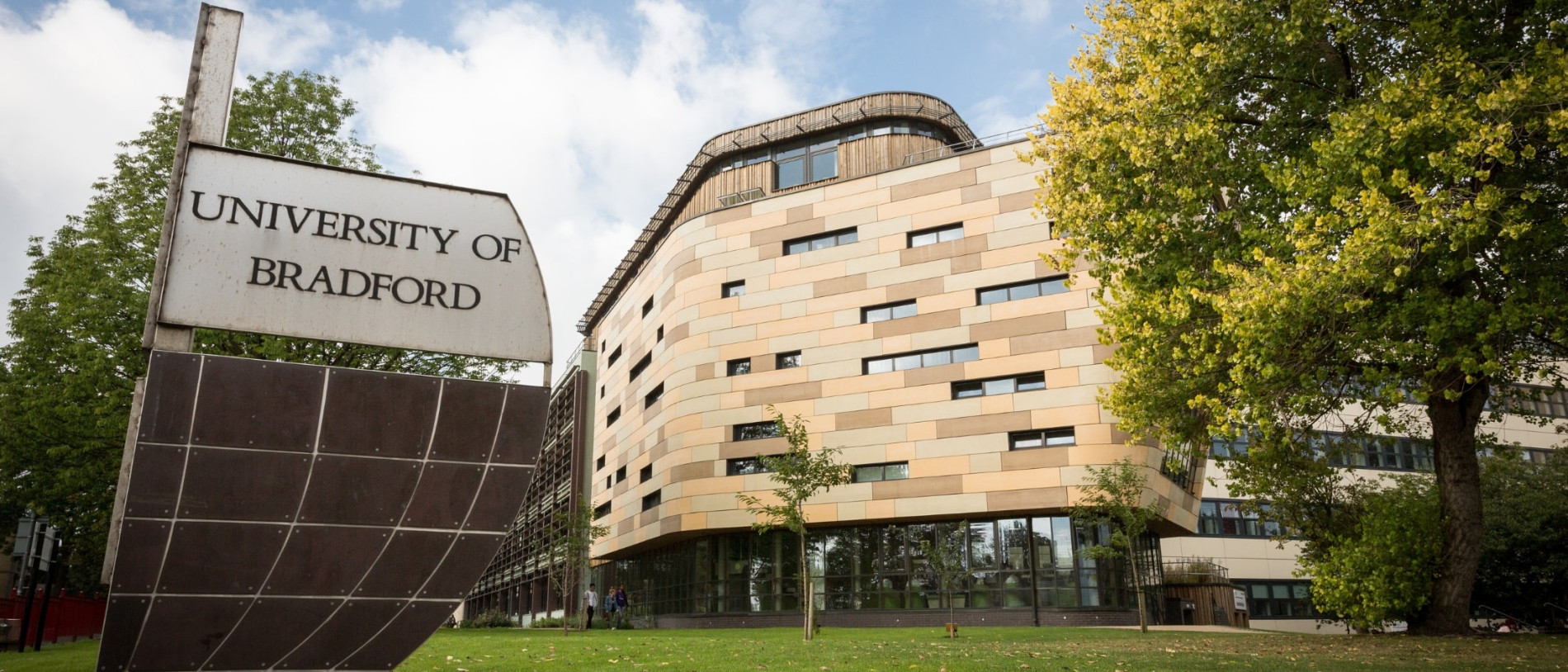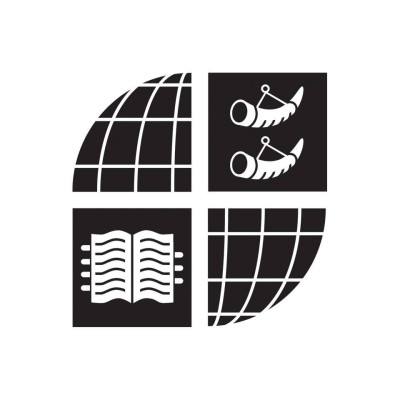

University of Bradford
International Relations, Politics and Security Studies
Study detals
: Bachelor's degree : BA (Hons) International Relations, Politics and Security Studies : Full time : 36 MonthRequirements
Entry requirements
You should be aware that meeting the grade requirements specified does not necessarily guarantee admission as there may be additional requirements you need to satisfy.
Secondary School Leaving Certificate
| 136+ UCAS tariff points | 120 - 135 UCAS tariff points | 96 - 119 UCAS tariff points |
|---|
Foundation Programme required
English language
The standard University requirement is 6.0* with no sub-test less than 5.5 (or equivalent) on IELTS, or on the university's own entry test BASALT. Conditional offers to international students will be made on this basis.
IELTS - at least 6.0*, with at least 5.5 in each of the four sub-tests (speaking, listening, reading, writing).
TOEFL - at least 80*, and sub-tests not less than 18 in Reading, 17 in Writing, 17 in Listening and 20 in Speaking if you require a Student Visa.
Other qualifications which may be accepted:
There are other English language qualifications which may be accepted. For example, the University of Bradford also recognises:
- Cambridge Advanced Certificate - grade C or above
- Cambridge Proficiency Certificate - grade C or above
Please note that we DO NOT accept the TOEIC test.
Speciality
Pathways Available: International Foundation Year | International Year Zero
Sandwich course fees - charged during the placement year away from the University of Bradford for students on thick sandwich courses, or during the year in which the second placement falls for students on thin sandwich courses. Students charged at 10% of the equivalent full-time fee.
If a placement year is to be undertaken abroad and supported by University funding through the University’s exchange programmes, fees will increase to 15% of standard fees to cover additional support, advice and administration costs.
Additional information
Degree Overview
On this programme you will be placing international developments within historical context, as the course focusses particularly on recent and contemporary processes, trends and problems: examining efforts to respond to international and regional challenges in the spheres of policy and practice.
Modules combine in-depth academic training in key concepts, theories and case-studies, alongside a structured process of engagement with contemporary debates and experience by policy-makers, diplomats and practitioners. Throughout your studies you will have opportunities to learn beyond the classroom through political simulation exercises, field trips and specialist workshops creating new bridges between academic and practical dimensions of the field.
This programme is delivered by the Division of Peace Studies and International Development, an internationally recognised centre for excellence in teaching, research, and policy engagement on International Relations, Peace, Conflict and Security issues.